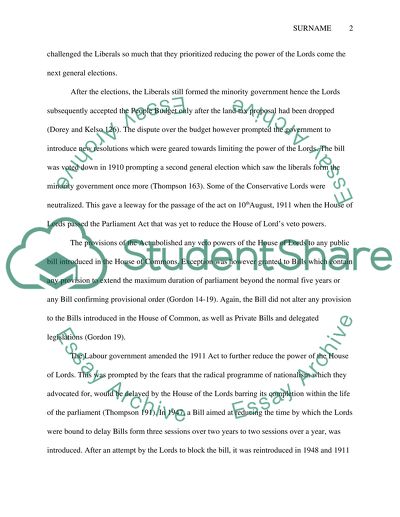Cite this document
(“The Parliament Acts of 1911 and 1949 Reforms to the House of Lords Essay”, n.d.)
The Parliament Acts of 1911 and 1949 Reforms to the House of Lords Essay. Retrieved from https://studentshare.org/law/1442550-uk-constitutional-law-united-kingdom
The Parliament Acts of 1911 and 1949 Reforms to the House of Lords Essay. Retrieved from https://studentshare.org/law/1442550-uk-constitutional-law-united-kingdom
(The Parliament Acts of 1911 and 1949 Reforms to the House of Lords Essay)
The Parliament Acts of 1911 and 1949 Reforms to the House of Lords Essay. https://studentshare.org/law/1442550-uk-constitutional-law-united-kingdom.
The Parliament Acts of 1911 and 1949 Reforms to the House of Lords Essay. https://studentshare.org/law/1442550-uk-constitutional-law-united-kingdom.
“The Parliament Acts of 1911 and 1949 Reforms to the House of Lords Essay”, n.d. https://studentshare.org/law/1442550-uk-constitutional-law-united-kingdom.


